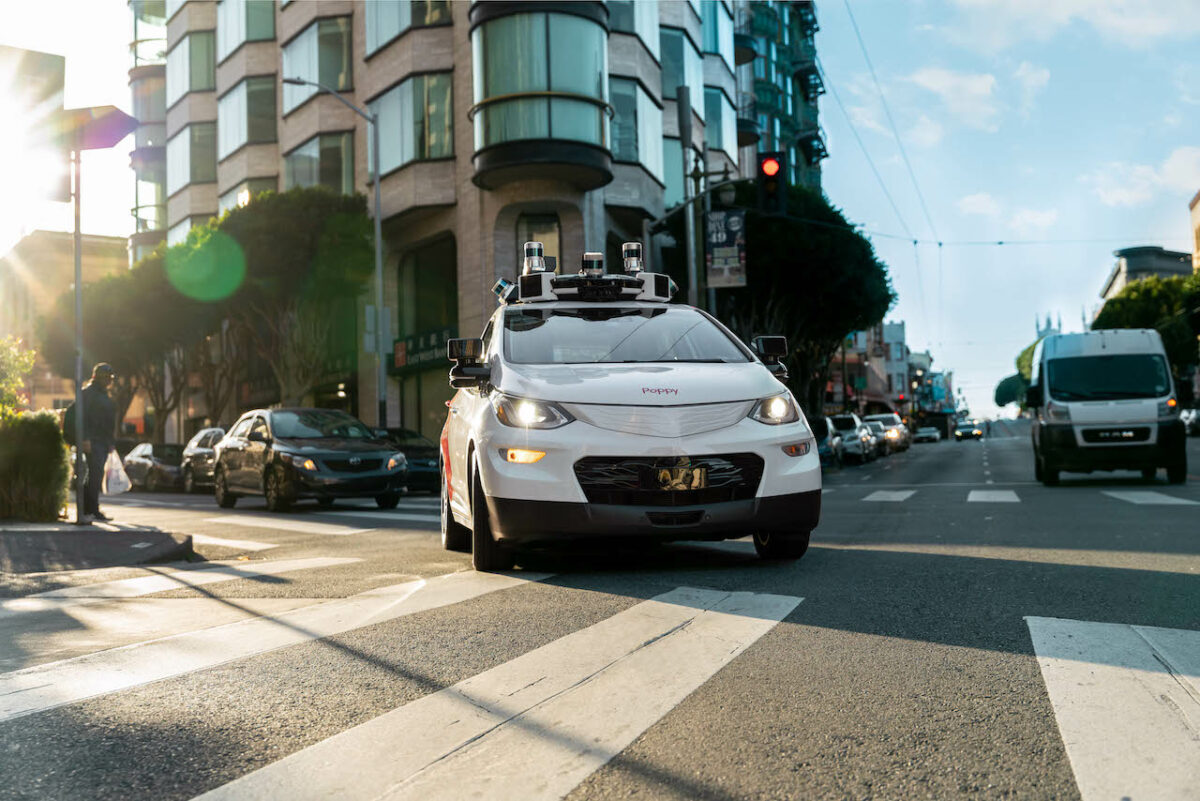New research from the University of Michigan Transportation Research Institute (UMTRI) indicates that the connected car is not yet necessarily a household name, and found that the majority of people surveyed had not previously heard of connected vehicle technology. The report, entitled “A Survey of Public Opinion about Connected Vehicles in the US the UK, and Australia”, examined public opinion regarding connected vehicle technology across three major English-speaking countries, to determine the public opinion of connected vehicle technology.
The purpose of this survey was to expand upon the existing data to include a broader examination of public opinion about connected vehicles, especially for drivers unfamiliar with the technology. The survey collected responses from a total of 1,596 people.
Brandon Schoettle, Project Manager in UMTRI’s Human Factors Group and co-author of the report, told Automotive World, “It is important to educate consumers about any new technology like connected vehicles so they can make informed decisions about their interest level and use of the technology.”
Notably, the report showed that participants who have observed and used connected vehicle technology were largely accepting of it and expressed a desire to have this technology in their vehicles, with 74% strongly agreeing that they would like to have V2V safety features on their personal vehicle.
Amongst other things, the report concluded that most respondents, although holding a positive opinion when informed about connected vehicle technology, generally expressed a high level of concern regarding the security and performance issues related to connected vehicles.
However, Schoettle said, “OEMs and their suppliers are already working together on data security and system performance issues right now. One example of this is the Safety Pilot program currently running in Ann Arbor; this is a pilot study with several thousand vehicles testing this technology in a large-scale, real-world environment.”
Another aspect examined by the survey was the importance of various connected vehicle features, and found that the vast majority of respondents in all three countries said that safety was the most important aspect of connected vehicle technology, with a total of 83.8% overall. The UK had the highest percentage responding that safety was most important, totalling 85.4%, followed by the US, which totalled 83.9%, and Australia, which totalled 82.0%. Mobility was ranked as second most important, at 10.4% overall, followed by environment at 5.9% overall.
As OEMs push to meet their customers’ technological demands, they must decide whether to deliver the data link through an embedded onboard system or via the customer’s mobile phone, which has been at the root of a ‘built-in versus brought-in’ debate in terms of vehicle technology. According to the report, most individuals surveyed noted the importance for personal communication devices to integrate with connected vehicles, as well as for such vehicles to have Internet connectivity.
Schoettle explained, “It’s likely that both types of technology will be important. It may be that consumers want their personal communication devices to “talk” to their vehicle, similar to the connected vehicles “talking” to each other. Some of these functions are already offered on certain vehicles for integrating mobile phone calls, text messaging, and mapping and navigation to a destination.”
Despite the survey finding that respondents had little knowledge about connected vehicles, the results represented a willingness to pay for connected vehicle technology which was very similar across the three countries. Schoettle continued, “Our results showed very little difference between the three countries in willingness to pay for connected vehicles. Most people would be willing to pay for connected vehicle technology, and at least 25% of individuals would be willing to pay US$400-US$500 extra, depending on the country, to have this technology.”
Rachel Boagey



